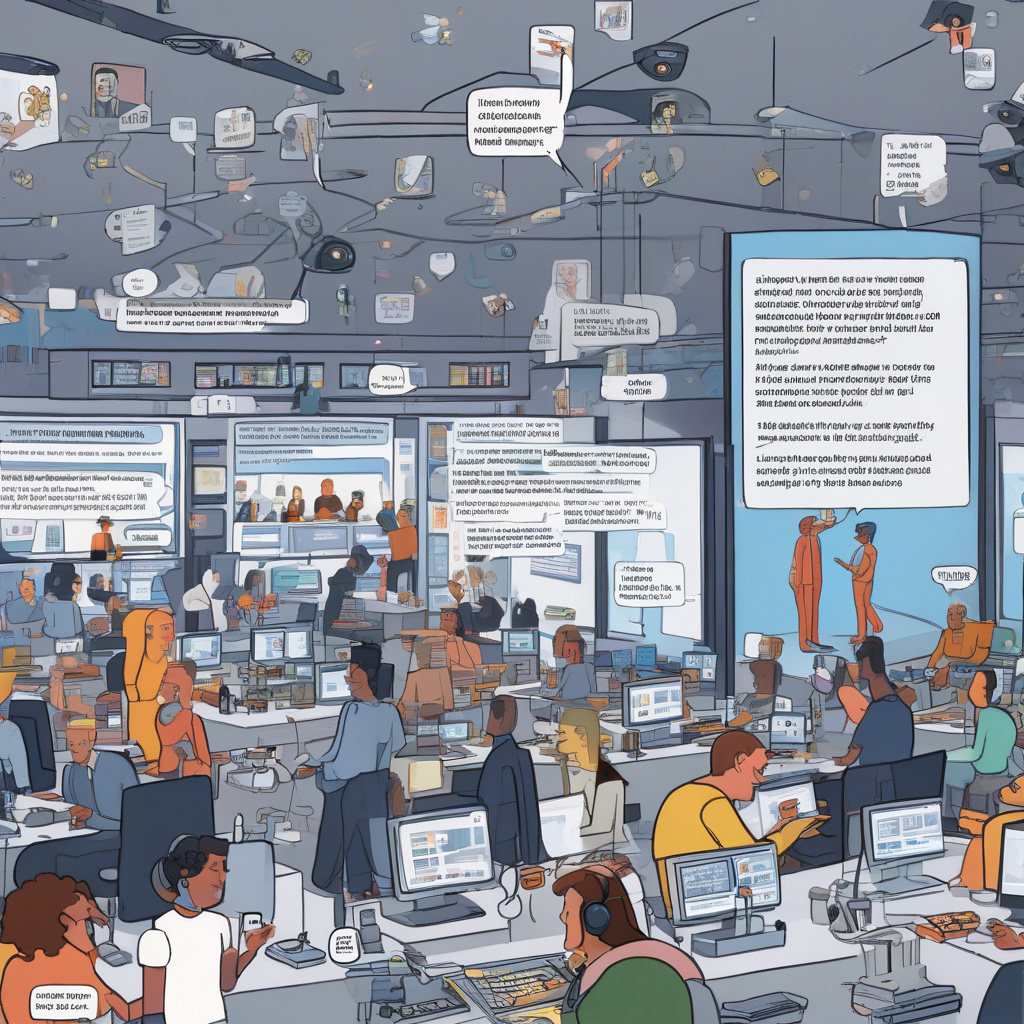The Impact of AI Chatbot Mixing Up Dutch Political Party Policies
In the age of rapidly advancing technology, the integration of artificial intelligence (AI) has become increasingly prevalent in various aspects of our lives. From personalized recommendations to efficient customer service, AI has undoubtedly transformed the way we interact with technology. However, recent events have shed light on a concerning issue – the potential for AI to mix up critical information, particularly in the realm of politics.
In a recent incident in the Netherlands, an AI chatbot designed to provide voters with information about different political parties ahead of the upcoming elections made a significant blunder. The chatbot, programmed to outline the policies of each party, mistakenly attributed key proposals to the wrong political entities. This misinformation could have far-reaching consequences, potentially swaying voters’ opinions based on incorrect data.
The repercussions of such errors are concerning, as they could undermine the democratic process by influencing voters’ decisions based on false information. In response to this incident, a leading professor specializing in AI and ethics has called for tighter regulations surrounding the use of AI in political contexts. The professor emphasized the need for transparency and accountability to prevent AI from exerting undue influence on election outcomes.
While AI has the potential to streamline processes and enhance user experiences, incidents like the one in the Netherlands underscore the importance of ethical AI development and implementation. Without proper safeguards in place, AI systems run the risk of perpetuating misinformation and distorting public discourse.
To mitigate these risks, policymakers and tech developers must work hand in hand to establish clear guidelines for the use of AI in sensitive areas such as politics. This includes ensuring the accuracy of information provided by AI systems, as well as implementing mechanisms for oversight and accountability.
Moreover, fostering public awareness about the capabilities and limitations of AI is crucial in empowering individuals to critically evaluate information presented to them. By promoting digital literacy and encouraging a discerning approach to online content, society can build resilience against potential AI-driven misinformation campaigns.
As we navigate the ever-evolving landscape of AI technology, it is imperative that we prioritize ethical considerations and regulatory frameworks to safeguard the integrity of democratic processes. The incident involving the AI chatbot in the Netherlands serves as a stark reminder of the potential pitfalls of unchecked AI deployment and the urgent need for proactive measures to address these challenges.
In conclusion, the intersection of AI and politics poses both opportunities and risks, highlighting the delicate balance between technological advancement and ethical responsibility. By heeding the call for tighter AI regulation, we can uphold the principles of transparency, accuracy, and integrity in our democratic systems, ensuring that AI serves as a force for positive change rather than a source of manipulation.
AI, chatbot, Dutch, political party policies, regulations












